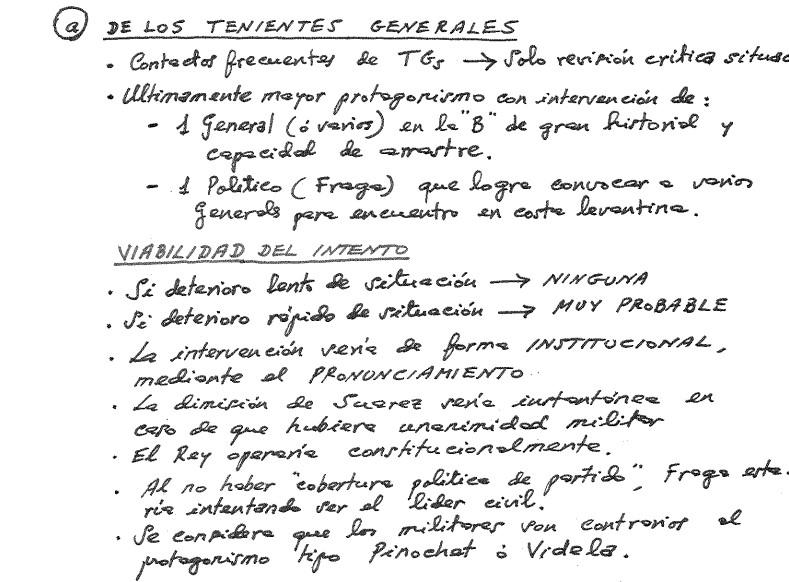[dropcap]L[/dropcap]a comunicación es una parte fundamental para el funcionamiento de la organización, pues la calidad y el éxito están determinados por su buena gestión del que decir. En España estamos viviendo, con la independencia de Cataluña, un claro ejemplo de lo que no debe ser. Ha faltado honestidad, aceptar diferentes formas de pensar, en definitiva, ha hecho falta mayores dosis de empatía y buena comunicación.
Aun cuando la organización no dice nada, se está emitiendo algún mensaje y cuyos receptores, que quieren entenderlo todo, generan interpretaciones e imágenes sesgadas y adaptadas a sus realidades. Por ello es importante saber decir, saber escuchar, saber preguntar y saber expresar:
Saber escuchar, entender los que los interlocutores nos quieren decir.
Saber decir, emitir mensajes coherentes y razonados en los que las emociones no intervengan en demasía.
Saber preguntar, obtener las respuestas que faciliten la mutua comprensión, aclaren significados y concretar las imprecisiones de nuestra compresión de los mensajes.
Saber expresar, tener consciencia de nuestro impacto, es decir, atender nuestra respiración, gestos, posturas e intenciones. Las emociones son fundamentales dentro de un discurso bien razonado.
La organización, además, debe inculcar y desarrollar la empatía en sus miembros y, para ello, han de aprender a identificar y gestionar las emociones, ser asertivos, manejar el vocabulario emocional de forma positiva, controlar los primeros sentimientos, olvidar los rencores y desprenderse de los errores.
“Para entender el corazón y la mente de una persona, no te fijes en lo que ha hecho no te fijes en lo que ha logrado sino en lo que aspira a hacer”. (Khalil Gibran)
First to understand
[dropcap]C[/dropcap]ommunication is anessential part for the performance of the organization, as quality and success are determined by its good management of what to say. In Spain we are living, with the independence of Catalonia, a clear example of what should not be. It has lacked honesty, accept different ways of thinking, in short, it has taken greater doses of empathy and good communication.
Even when the organization says nothing, a message is being emitted and whose receivers, who want to understand everything, generate biased interpretations and images adapted to their realities. Therefore, it is important to know how to say, to know how to listen, to know how to ask and to know how to express:
Know how to listen, understand what the interlocutors want to tell us.
Know what to say, to emit coherent and reasoned messages in which the emotions do not intervene too much.
Know how to ask, get the answers that facilitate mutual understanding, clarify meanings and specify the inaccuracies of our compression of messages.
Know how to express, to be aware of our impact, that is, to attend to our breathing, gestures, postures and intentions. Emotions are important within a well-reasoned discourse.
The organization must also instil and develop empathy in its members and, for this, they must learn to identify and manage emotions, be assertive, handle the emotional vocabulary in a positive way, control the first feelings, forget the grudges and let go of errors.
“To understand the heart and mind of a person, do not notice what he has done, do not notice what he has achieved but what he aspires to do”. (Khalil Gibran)
Más información: GESPROSAL




















